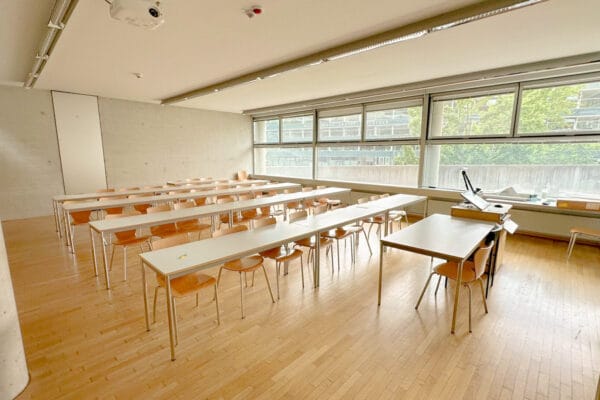
NAME:
SOWI - SR 1
BUILDING:
SOWI
FLOOR:
1
TYPE:
Seminar Room
CAPACITY:
35
ACCESS:
Only Participants
EQUIPMENT:
Beamer, PC, WLAN (Eduroam), Handicapped Accessible, LAN, Whiteboard, Speaker Desk
Agritourism is an increasingly important strategy for sustainable rural development in the Alpine region, but its models differ significantly across territories. In the neighbouring provinces of South Tyrol and Trentino, two distinct agritourism approaches have emerged: an accommodation-based model in South Tyrol and a gastronomy-focused model in Trentino. These differences reflect broader regional variations in cultural traditions, land use patterns, and policy frameworks. Understanding how these divergent agritourism models impact rural development is essential to designing effective, place-based policies for mountain areas.
This study aims to investigate the rural development implications of these two agritourism models, focusing on five dimensions: employment dynamics, local economic linkages, territorial identity and landscape preservation, resilience to shocks and seasonality, and institutional embeddedness. The research adopts a comparative case study approach, combining quantitative data from national and regional databases with qualitative insights from ten semi-structured expert interviews conducted in both regions.
Preliminary observations suggest that agritourism models in the two provinces may differ in their integration into local economies, labour structures, and capacity to preserve cultural landscapes. The interviews are expected to provide further insight into how institutional frameworks, branding strategies, and market profiles shape these outcomes.
The study will contribute to a more nuanced understanding of agritourism’s role in rural development, particularly in culturally and structurally diverse mountain contexts. Findings are expected to inform policy design and regional development strategies not only in the Alps but also in other mountain areas facing similar socio-economic and environmental challenges.

We and use cookies and other tracking technologies to improve your experience on our website. We may store and/or access information on a device and process personal data, such as your IP address and browsing data, for personalised advertising and content, advertising and content measurement, audience research and services development. Additionally, we may utilize precise geolocation data and identification through device scanning.
Please note that your consent will be valid across all our subdomains. You can change or withdraw your consent at any time by clicking the “Consent Preferences” button at the bottom of your screen. We respect your choices and are committed to providing you with a transparent and secure browsing experience.